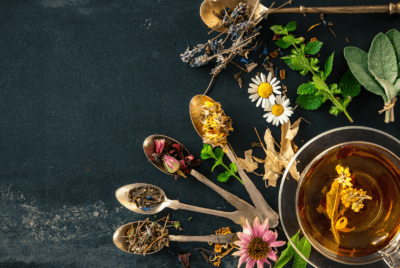RESEARCH
Impact of Horticultural Therapy on Vulnerability and Resistance to Substance Abuse Among Incarcerated Offenders
Summary
The study explored the impact of a horticultural therapy program on incarcerated individuals with a history of substance abuse. Researchers found that participants experienced reduced psychological distress and a lower vulnerability to addiction. They approched gardening from an afro-centric perspective, incorporating spiritual and ecological practices. This suggests that engaging in gardening and nature-based activities provided emotional benefits and helped alleviate some of the mental health challenges associated with substance abuse.
However, the study found little improvement in participants’ ability to resist addiction in the long term. While the program helped reduce emotional struggles, it did not significantly enhance positive coping skills or self-reinforcement needed for long-term recovery. This suggests that while horticultural therapy can be a valuable tool for emotional well-being, additional support may be necessary to strengthen resistance to addiction.
Link
Richards, H. J., & Kafami, D. M. (1999). Impact of horticultural therapy on vulnerability and resistance to substance abuse among incarcerated offenders. Journal of Offender Rehabilitation, 29(3-4), 183–193. Taylor & Francis Online. https://doi.org/10.1300/j076v29n03_11







